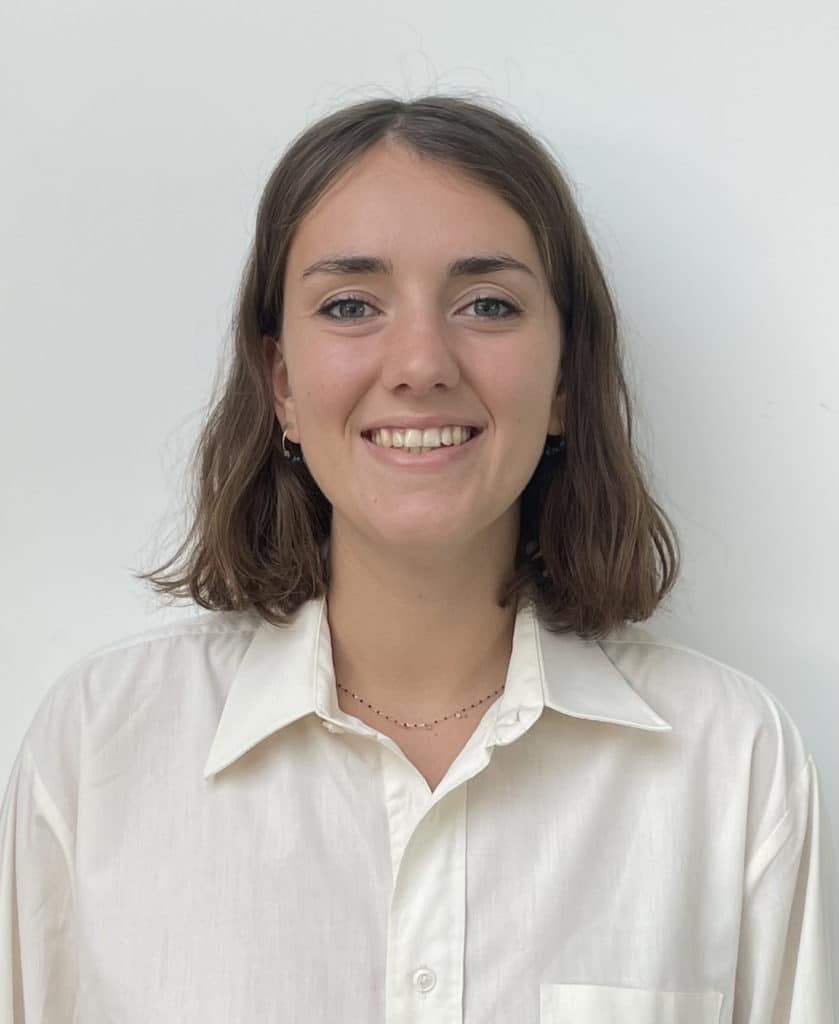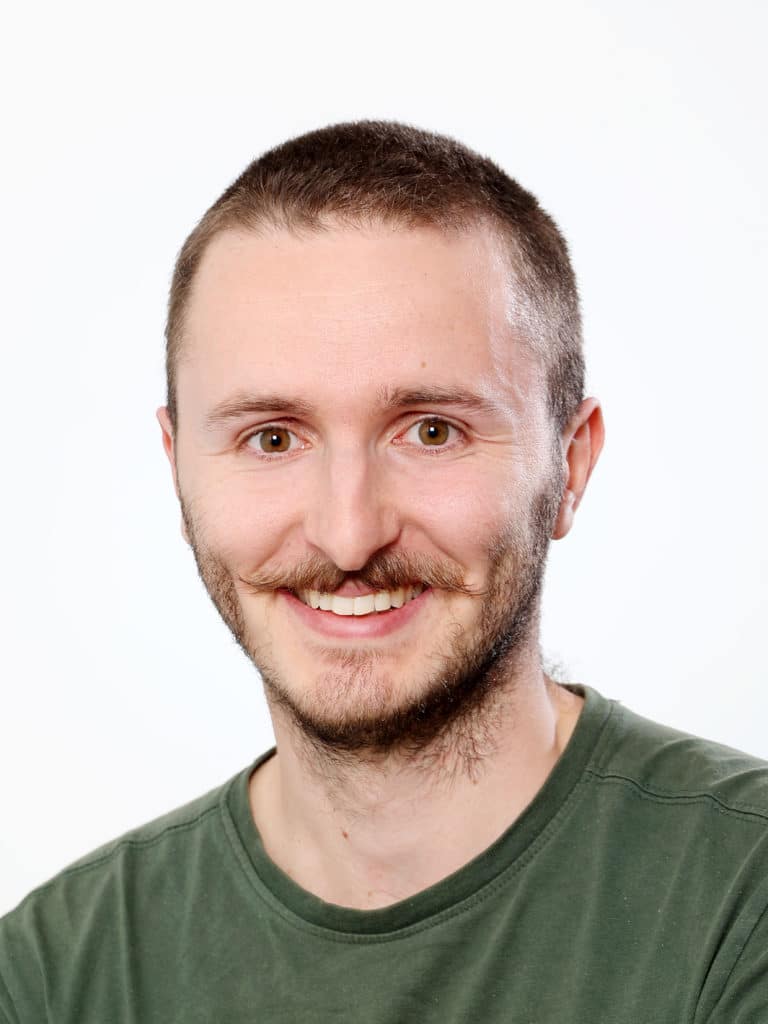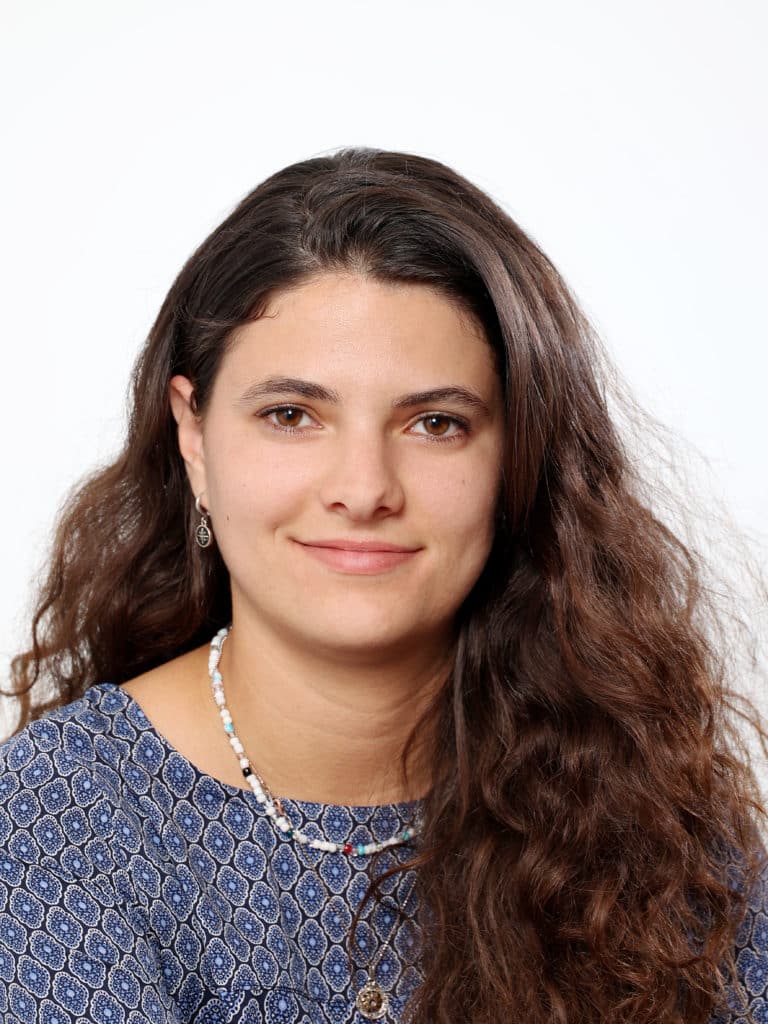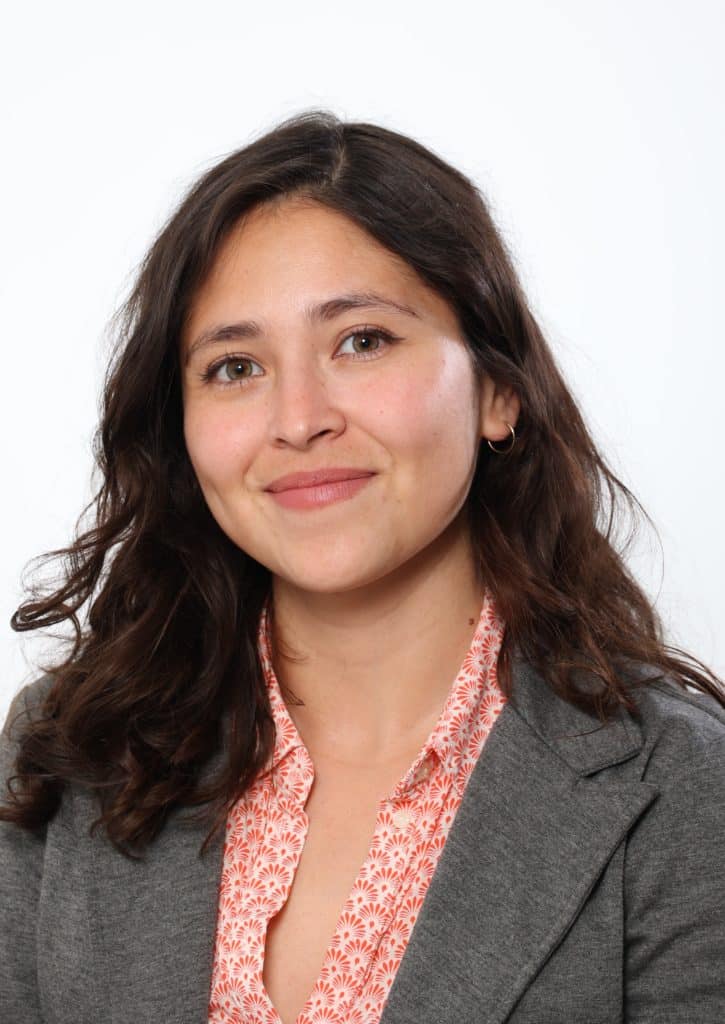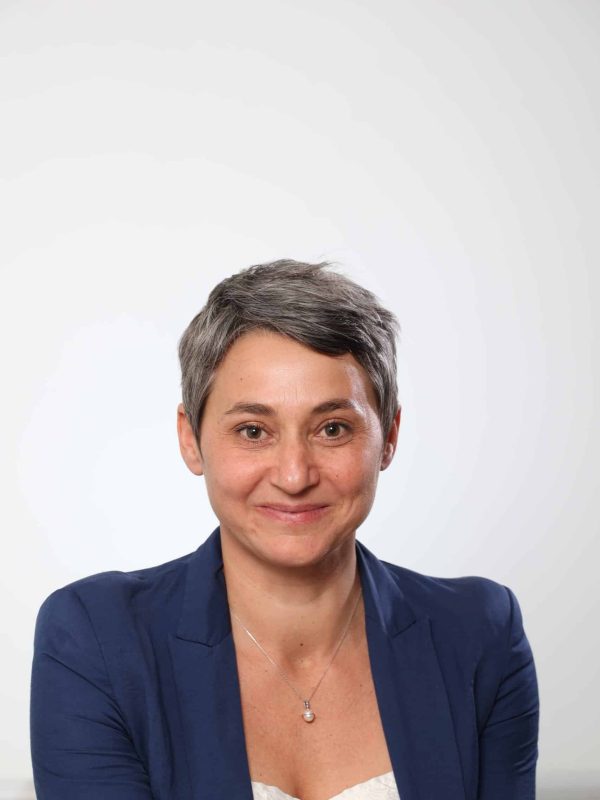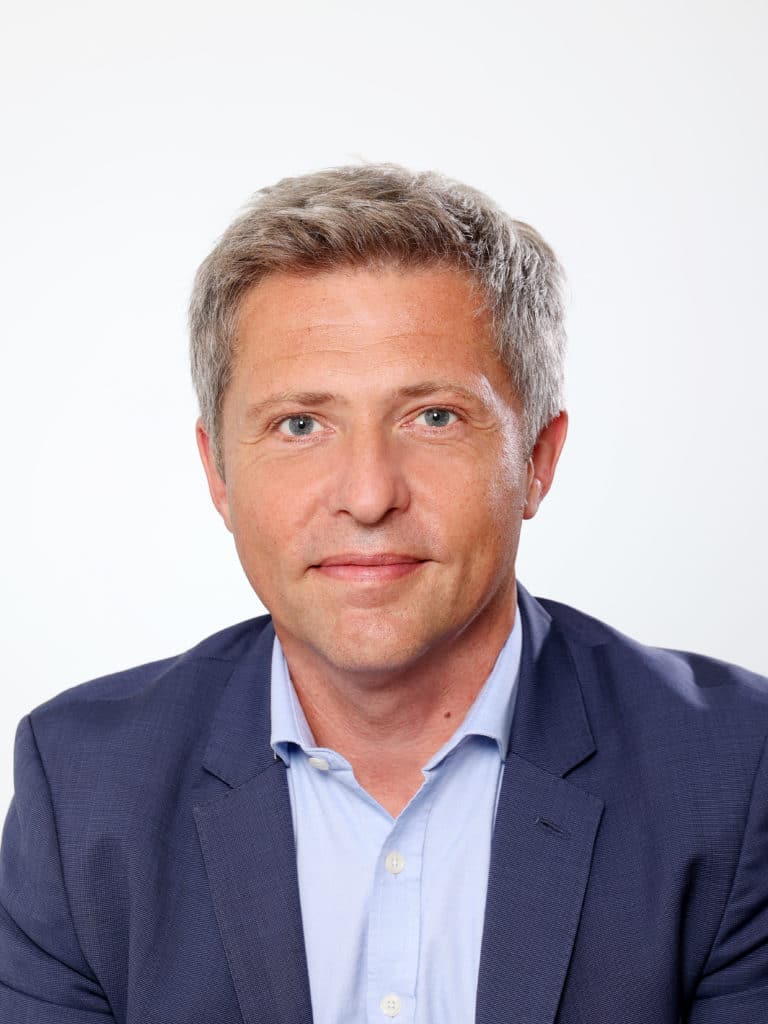L’association “Réaction Commun” propose aux collectivités, associations et entreprises un atelier ludique et fédérateur pour découvrir ce qu’est la résilience territoriale et concevoir collectivement le plan d’actions à l’échelle du territoire pour mieux s’adapter aux changements à venir.
Le déroulé
Après un rappel du contexte actuel de notre société et des principes de résilience, les participant·es, par équipe, prennent la responsabilité d’une des 5 collectivités d’une même région.
L’objectif est de devenir la collectivité qui a le plus haut taux de croissance économique à la fin du jeu. Cette jauge évolue en fonction des choix tout au long des 5 années de mandat.
Tout au long du jeu, les participant·es émettent des idées pour répondre à des sujets aussi bien opérationnels que stratégiques. Ces mêmes idées sont ensuite reprises pour réaliser le plan d’action de résilience territoriale, 2ème étape de la Réaction Commune.

A propos de Réaction Commun
Créée en 2020 par Circulab et DiCi Design, l’association Réaction Commune propose aux citoyen.nes, collectivités locales, associations et entreprises de s’initier, d’expérimenter, d’accompagner et de développer la résilience de leurs territoires.
Lire aussi
22
- Actualités des membres
23
- Actualité FVD
- Actualités des partenaires

